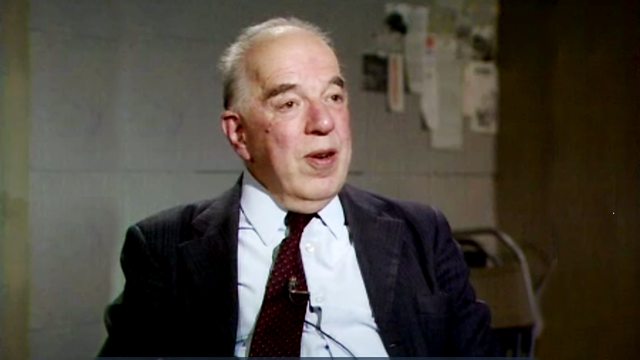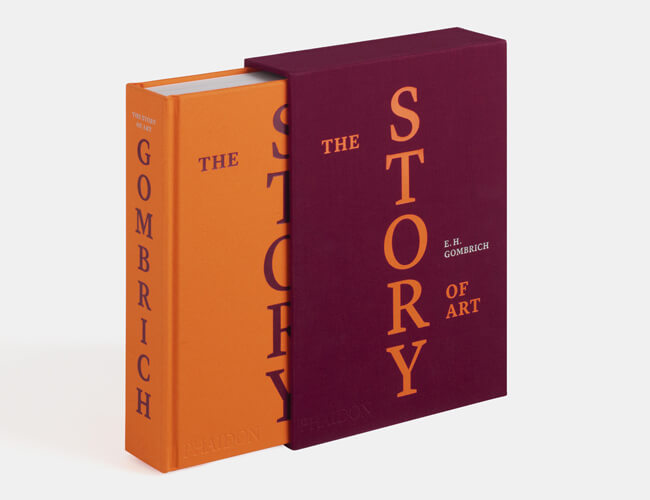
What to expect from the BBC's new Gombrich documentary
Archive recordings, interviews and granddaughter Leonie describe the remarkable life of The Story of Art author
"There really is no such thing as Art. There are only artists." So begins EH Gombrich's The Story Of Art, currently in its 16th edition and translated into more than 30 languages.
This ground breaking book, first published by Phaidon in 1950, is perhaps the most widely read and referenced work of art history. However, it is not the only notable work by the 20th century Austrian-born, London-based art historian.
A forthcoming BBC Radio 4 documentary, The Story of EH Gombrich, delves into the BBC’s archives and the author’s own, private recordings, to detail his extraordinary, varied life.
Arriving as a refugee from Vienna in 1936, Gombrich worked as a writer and a research assistant, before taking a position at the BBC, monitoring German broadcasts.
When, on 1 May 1945, Gombrich heard a German radio broadcast of Bruckner’s Symphony No. 7, he guessed correctly that the transmission marked Hitler’s death, as the symphony had been written to mark Wagner’s passing. His suspicions were passed on to Winston Churchill, making him the first person to inform the PM of the Führer’s demise.

Broadcaster Robert Newman has worked closely with Gombrich’s granddaughter, Leonie Gombrich, helping him retrace Gombrich’s vast network of relationships and correspondence with such notable figures as Karl Popper, Anna Freud and Anthony Blunt, as well as his work at the University of London’s acclaimed Warburg Institute.
You can find out more about the hour-long documentary, which will be broadcast at 8pm this Saturday 28 July, here. Meanwhile, for a deeper dive into the man and his work, take a look at our Gombrich books here; and for more on Gombrich and his fellow artistically inclined wartime refugees, get Émigrés.